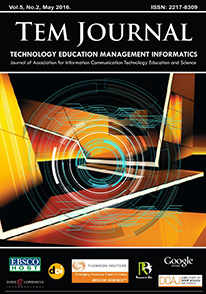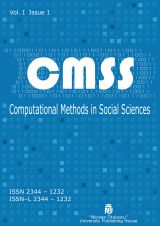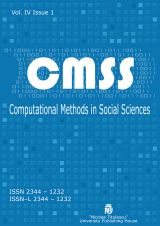
Determining of the Optimal Device Lifetime using Mathematical Renewal Models
Paper deals with the operations and equipment of the machine in the process of organizing production. During operation machines require maintenance and repairs, while in case of failure or machine wears it is necessary to replace them with new ones. For the process of replacement of old machines with new ones the term renewal is used. Qualitative aspects of the renewal process observe renewal theory, which is mainly based on the theory of probability and mathematical statistics. Devices lifetimes are closely related to the renewal of the devices. Presented article is focused on mathematical deduction of mathematical renewal models and determining optimal lifetime of the devices from the aspect of expenditures on renewal process.
More...

